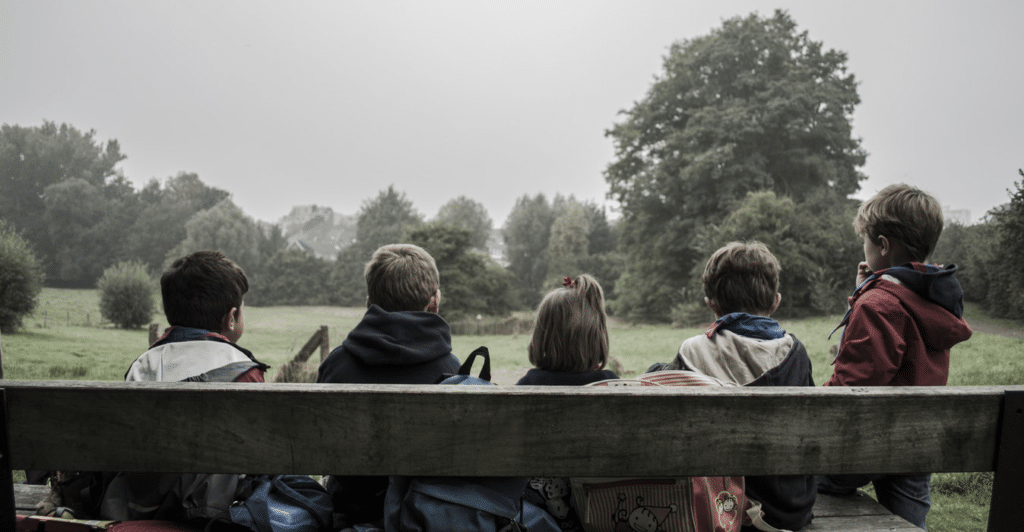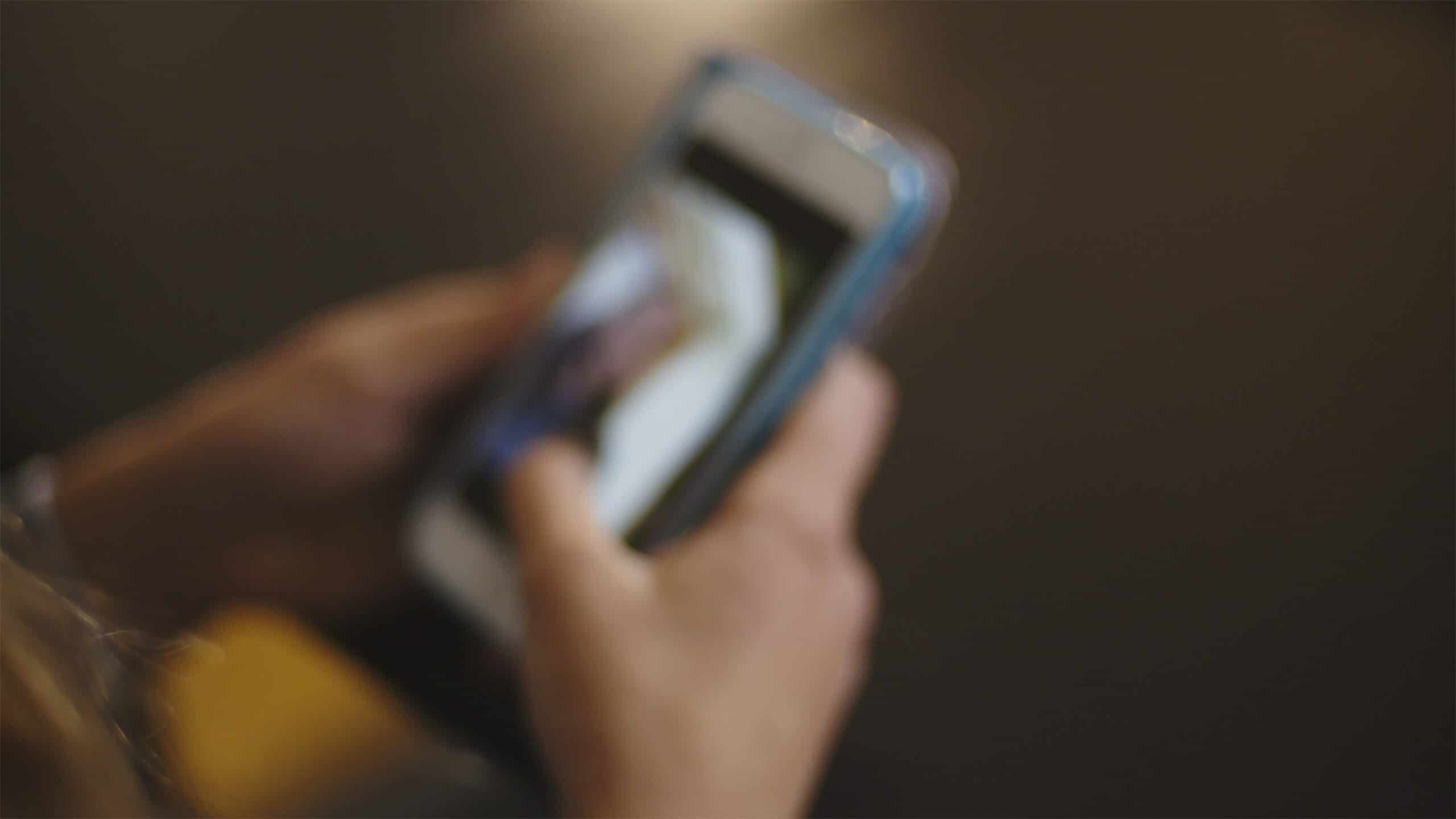
Six tips on how to talk to children about the corona virus
Many children are worried and afraid of the corona virus, especially when schools and kindergartens close. They wonder whether they can get ill or how they can avoid catching the virus. It is important to talk to kids about the coronavirus to avoid fear and make them feel safe.
Check out Save the Children Norway’s six tips on how to discuss the corona virus with your children
- Stick to the facts and use children’s language
Well-informed kids tend to feel less afraid. Tell kids facts and information in an understandable way. Too much information can be overwhelming. Listen to the child’s questions and worries to have an informed conversation.
- Make children feel safe
Be honest and tell kids information to make them feel as safe as possible. Most people who get the virus will not become very ill. The risk is especially low for children and young people. However, the coronavirus can be very serious for those with pre-existing health conditions, including very sick children and certain old people.
Tell them what happens if they or others become ill. If the child gets any flu-like symptoms, it is important to tell an adult. This is especially important if the child has been in touch with infected people or has recently visited a place where the coronavirus is widespread. The adult will call a doctor who will figure out the best plan moving forward. Those who are infected by the virus will be asked to stay at home for fourteen days to not infect others. Those who are very ill will be placed in a hospital to receive treatment. Unfortunately, it is still possible to catch it even if you wash your hands and do everything right to prevent the virus spreading. It is never the fault of the child. Children should neither feel guilty if they get it nor tease those who do.
- Be honest and open
Children wish to find explanations for things bothering or concerning them. There is a lot of misinformation and uncertainty about the coronavirus. Children must talk to adults who can clarify things. Children and teenagers get information from different sources, all are not trustworthy. Kids can often come up with their own explanations and may share it with others, which can frighten other children. Follow the advice from the Norwegian Institute for Public Health, which provides the latest information in English. If older children wish to watch the news, watch it together so you can answer any questions.
- Think about what you talk about in front of children
It is easy to forget that kids absorb everything parents say and will draw their own conclusions based on the conversation. Adults must be careful about what they discuss with each other when children are around. Words like pandemic or quarantine are difficult to understand, and kids tend to use their fantasy to fill in the gaps, causing them to worry unnecessarily.
- Reassure children
Children need to hear what needs to be done to help and to stop the virus. Countries across the world are doing everything to prevent the corona virus from spreading, which is why schools and extra-curricular activities are cancelled. There are thousands of excellent doctors and nurses who are ready to take care of those who get ill. Tell your kids that you and other adults are doing everything in your power to take care of kids.
- Children can contribute
Children deal with difficult situations better when they know how to contribute. Talk about what they can do to prevent getting ill and not pass the virus on to others. The coronavirus passes through droplets, which occurs when coughing or sneezing. To avoid getting infected, it is important to wash your hands with soap for twenty seconds. Sing the happy birthday song twice to pass the time! Remember to cough or sneeze in a paper towel and throw it away afterwards. If a paper towel is not available, use your elbow. It is crucial to stay at home if you feel ill. It is not only for your own sake but for others who are at most risk to get seriously ill. Everyone must step up their efforts, also children. Now is the time to show solidarity and take care of one another.
Albanian | Arabic | Farsi | French | Kursdish (Kurmanji) | Kursdish (Sorani) | Pashto | Polish | Samsisk (Nordsamisk) | Serbian | Somali | Spanish | Tigrinya | Turkish | Urdu
Videos in english / arabic / dari / tigrinja / somali

